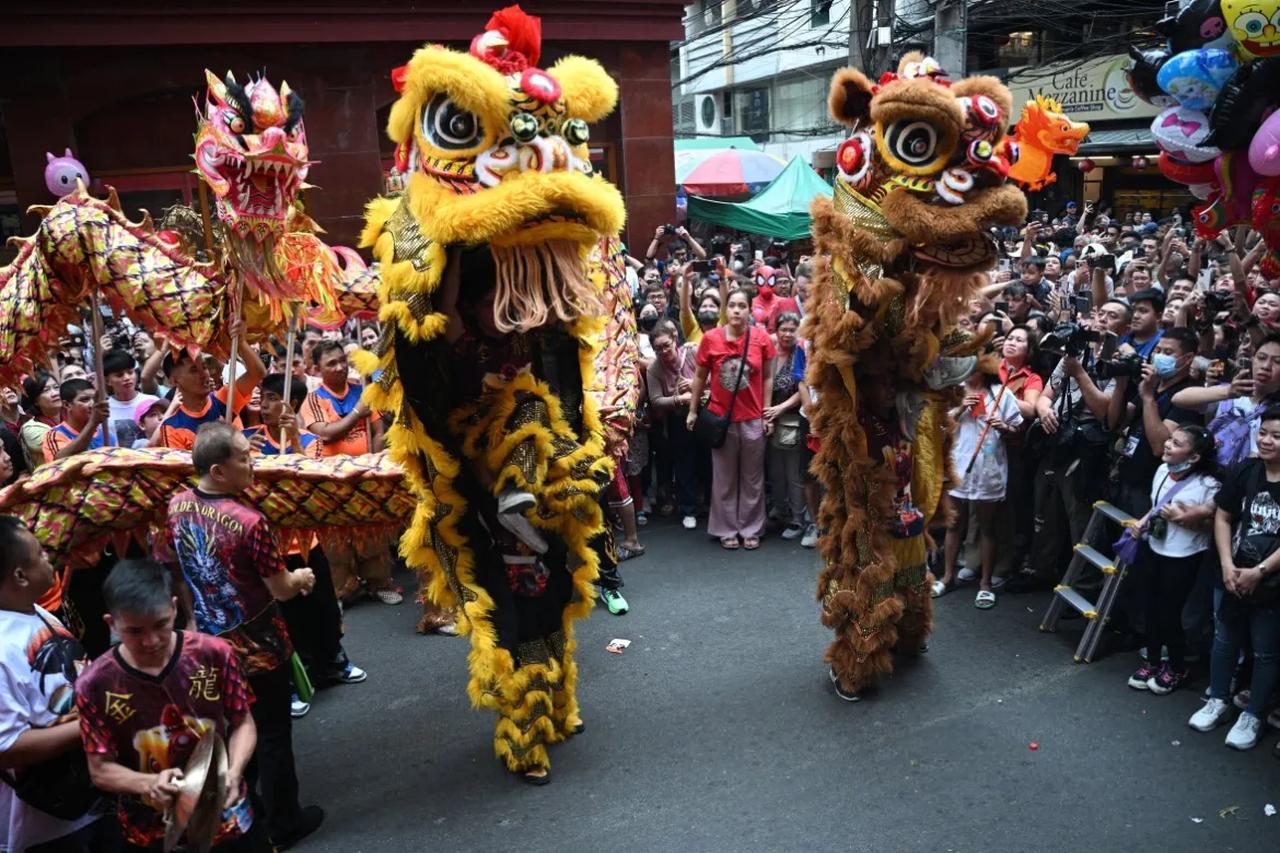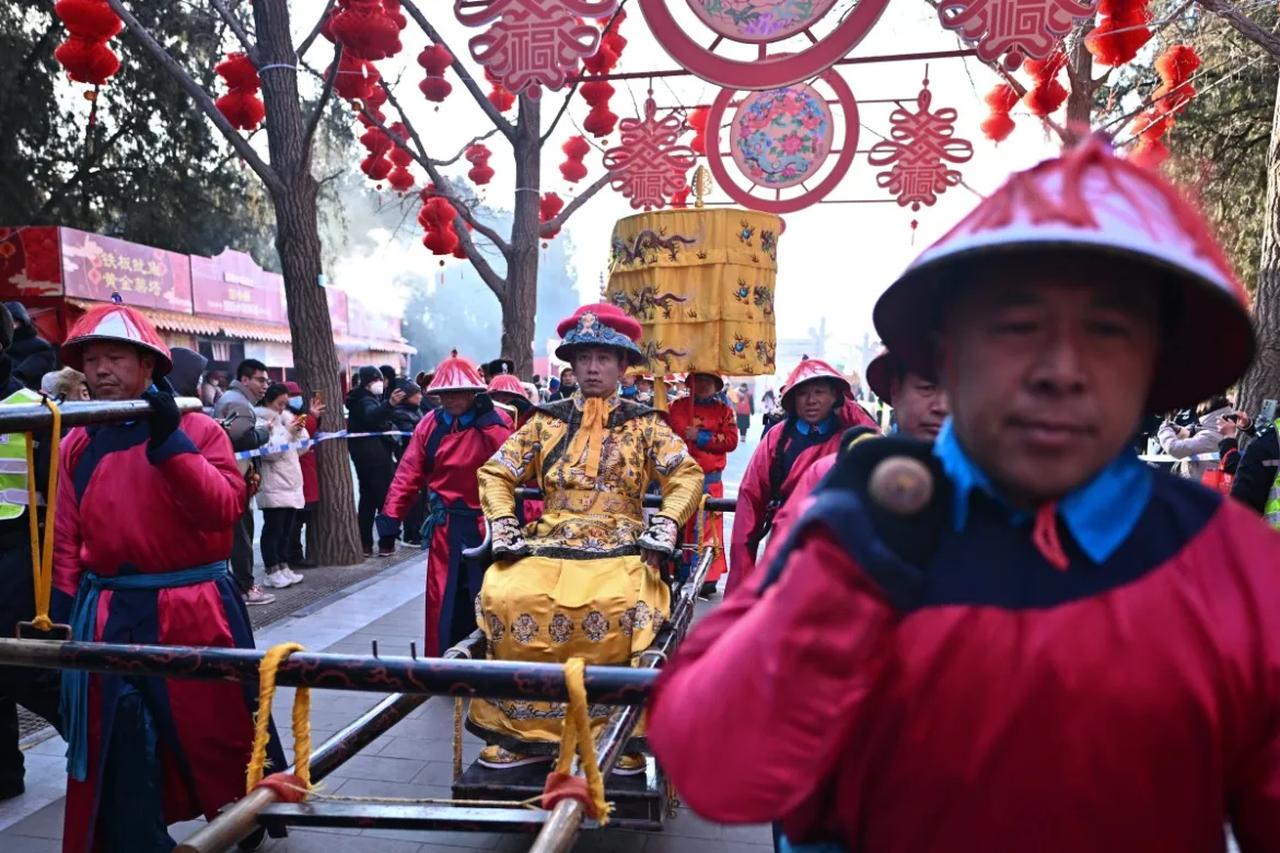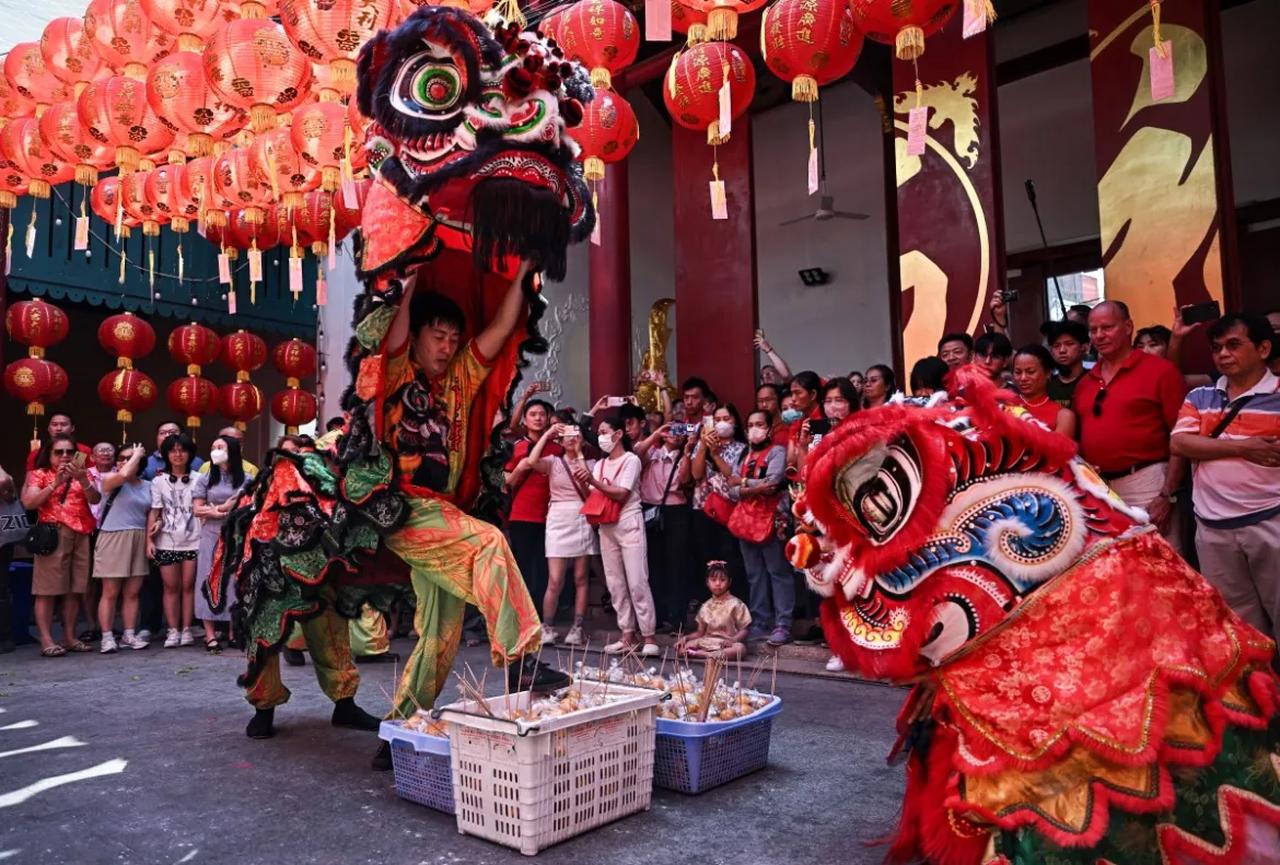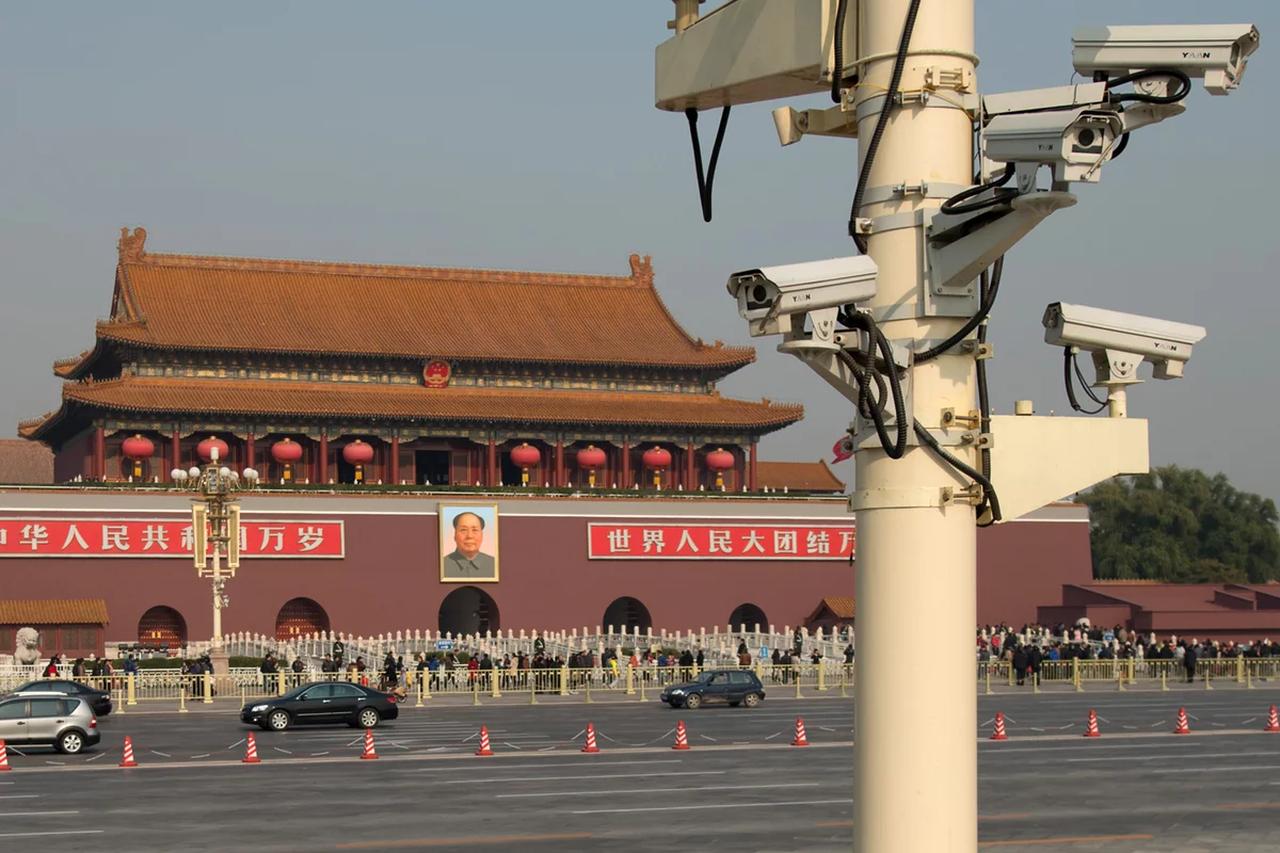
The world isn’t a patchwork of borders anymore. It’s a massive group on the internet, full of noise, chaos, politics and even a bit of passive-aggressive behavior. At the same time, here, where perception stands in for money and culture is like a diplomatic exchange, all voices are not heard in equal measure. There is still pride in promoting the “American Dream,” whether it’s with superheroes in "Avengers" helping out, victory in "Top Gun" or through a "Springsteen" number.
Hollywood screenings apart, other countries also compete for attention. Korea urges you to eat ramen after a break in your TV series, while BTS makes teenagers’ bedrooms hubs of global fandom. While Japan silently sips its matcha, the world gets fascinated with Japanese culture and goes on vacations to Kyoto. And then there's China, immense, ancient, powerful, yet somehow not quite the heartbeat of global culture. Why?
The question is there, gentle like incense, but hard to get rid of. There are lots of resources, much history and plenty of stories in China. However, the level of engagement isn’t high. Being the country of Confucius, calligraphy and Kung Fu, why has China not taken the lead in world culture over the last few years?

We should remember that China made an offer. Since their creation in 2004, Confucius Institutes have been introduced to more than 150 countries around the world. Gen Z expression has been shaped by TikTok, which was created in China, even with recent geopolitical issues. Millions watched Li Ziqi’s countryside videos on YouTube, then waited for her to return after rumors of state-media interference led to her withdrawal from public view. Huawei, Xiaomi and Alibaba are respected in China, but they can’t compare to the fame and appeal of Pixar films or the Blackpink world tour.
Why? Because soft power is not something that can be crossed off a list. It is more than exporting our food, language, or popular songs. A good song should have money. What Bollywood conveys to a Senegalese teenager is amazing. It’s the American sitcom that can cheer up someone in Karachi on a bad day. Soft power is possible with a small amount of chaos, some charm and lots of freedom, but this is something China struggles with culturally.
China’s attempts to show its soft power often seem overly planned, unlike those of its East Asian neighbors. South Korea’s boom in culture didn’t start only because of government backing; a combination of government, capitalist and creative energies made it happen. Although K-pop talent takes years to perfect, it’s their emotional stories that bring them success. It wasn’t like Japan had to promote its culture; it already was cool anyway. Thanks to Studio Ghibli and sushi, many people around the world came to admire Japan’s graceful originality.
The food in China is often beautifully served, well prepared, but without the lively elements found in Indian meals. It’s not the culture that’s wrong, but how companies present it.

In today's world, digital diplomacy is everything. China is well equipped with 5G, AI and satellites. There must be trust for infrastructure to be truly useful. The same tools that make it easy to share culture with many people are sometimes questioned by the public. Is Chinese software gathering information about users? Are Chinese films telling stories that reflect the official line?
Even the best efforts have been shadowed by this suspicion aimed at digital tools. Frequently, when the state propagates cultural information, it addresses a group that’s already supportive. When makers who do not depend on the industry take off, they are either made part of the machine or muted. Being authentic takes the hit. Still, if culture is not genuine, it doesn’t reach many people.
The fact that the U.S. soft power machine lacks coordination allows politicians to say different things at home and abroad. I’ll admit, it’s not always smooth. He also keeps it real, understandable and honest. The way China tells stories, meant to reassure, often makes the global audience feel that they are being controlled.
It’s not all doom and gloom— China’s culture is one of the most fascinating in the world, from Li Bai’s poetry to the skillful folding of dumplings. But the strategy to rebuild the brand needs improvement.

To start, China should allow greater freedom. Don’t restrict what creators can do. Give artists and filmmakers the right to express ideas that may not fit with what the government wants to say. It’s the small spaces, not the big walls, where culture develops. Consider working on a smaller scale, rather than becoming stuck in big systems.
Next, we should make an effort to appreciate diversity more within organizations. China has more than 50 different ethnic minorities, each with its particular ways of speaking, eating and dressing. These stories deserve to be told. People around the world respond better to specific examples rather than generalizations.
Third, make it personal for your customers. People are attracted to other people. Choose people, not policies. Let influencers, chefs, athletes and artists express themselves, even when they don’t agree with the state’s opinion. That’s what it looks like when resonance begins.
Fourth, focus on relationships as much as you do on technology. Looking at every cultural initiative from a geopolitical view will ensure it fails before it starts. China can improve its worldwide image by being patient and showing its people’s humanity, not through pushing its propaganda. But it takes patience, and it produces good results.
Once that’s done, meet your neighbors and see what interesting things they are involved in. Korea offered culture and sold the feelings that went along with it. They promoted nostalgia and elegance when introducing their style in Japan. The U.S. encourages people to want its dream. What items are Chinese companies marketing to the world? We cannot get our minds around it all. The message gets lost as people quickly move on to the next headline.
It is through soft power that countries invite instead of dominate. Right now, China has all the necessary elements, songs, fans and attention. Yet, some of the messaging still echoes the same old language we’ve seen before.
Will China soon take on the role of cultural leader? It will, if it stays open to suggestions, learns new things and allows diverse voices to be heard. It doesn’t have to speak loudly, sometimes, a simple, relatable song is enough to capture attention.